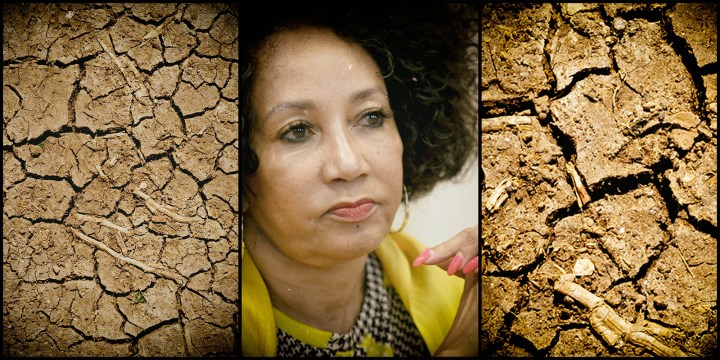STATE OF THE NATION
Master plan aims to inject urgency into water crisis management

While communities in parts of the country are battling to deal with a water crisis, the Department of Human Settlements, Water and Sanitation announced what it has described as ‘a master plan driven by a sense of emergency’.
Reinstating a wastewater management monitoring system, encouraging water restrictions, restructuring and securing financial stability. These are the department’s focus areas as outlined in the master plan outlined this week.
Announcing the plan in Pretoria on Thursday, water and sanitation Minister Lindiwe Sisulu told an auditorium that the plan will be rooted in building capacity in institutions such as water boards, investing in infrastructure, incorporating new technologies and strengthening ethical leadership within the department.
Under Nomvula Mokonyane’s administration, billions of rand were misspent, numerous water projects left incomplete, and water monitoring programmes discontinued, yet irregular expenditure soared to R6.4-billion in the 2017/18 financial year.
“There is a need to review the legislative and constitutional responsibility of the provincial administration where a provincial department of water and sanitation will take on the political and accountability function of the network as prescribed by the national minister,” the master plan reads.
Accountability somehow fades when the interrelatedness of the spheres of government is questioned, and when monitoring mechanisms also fail, the buck is passed from national to local government as was the case in the Life Esidimeni tragedy.
Part of the department’s plan is to delegate the management of some of its activities to new, specialised state agencies in order to build capacity.
“These (agencies) will focus on the development and operation [of] major infrastructure systems, the regulation of the use and protection of water resources as well as support for municipalities that are unable to comply with their service provision mandate. This includes the establishment of Catchment Management Agencies,” says the plan.
This will also involve changing water boards into “regional utilities” that can provide water when municipalities fail to do so.
Furthermore, the “Blue, Green and No-drop” reports were monitoring mechanisms put in place to track municipal compliance with wastewater legislation. In 2017 the reports were discontinued by Mokonyane’s leadership, despite being good indicators of municipal management of wastewater treatment plants.
This saw the collapse of numerous wastewater treatment plants, including the Vaal River system. Sisulu said the reports will be made available from 1 April 2020.
The minister added that the department is promoting a culture of ethical leadership that involves bringing officials found wanting to book. The department investigated 136 cases of misdemeanours and said 36 officials were found guilty and action was taken against them.
“We are also sending a message to the private sector. The private sector needs to stop luring my people with unethical rewards,” said Sisulu.
The financial strategy includes cutting costs by delaying replacement of existing infrastructure through proper operations, maintenance and refurbishments. Last, address the agricultural sector’s benefitting from a huge subsidy on the price of water.
The plan also cements the urgency at which ecological preservation of the country’s rivers will secure more water resources. However, the reality is that the budget is limited and continues to shrink, and the department anticipates a R333-billion funding gap over the next 10 years. Additionally, the department is sitting with a R59-billion refurbishment backlog.
“Stakeholder engagement is needed, especially regarding the extra financial gaps which exist to make it fully achievable,” said Sisulu. DM

















 Become an Insider
Become an Insider